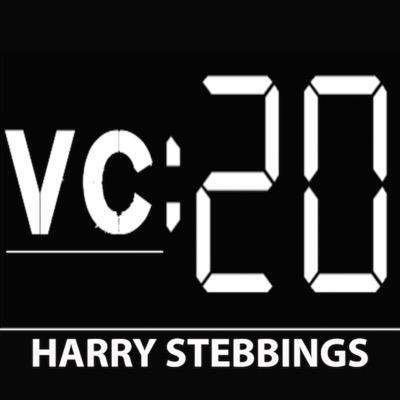Founder Lesson
Everyone knows that startups are “hard.” Ask anyone why this is the case and they’ll say things like “startups are risky” or “raising money is difficult.” While those things are true, they are only surface-level characteristics of startups. They don’t truly pinpoint why founders find the startup journey much more difficult than other endeavors.
One of the more granular and truly frustrating frictions that I've found with startups is that startup founders have to quickly evolve from doer to manager.
A startup typically begins when one or two founders have an idea and then start to dedicate most of their time and energy to this venture. During this phase everything is a possibility and everything is just in the heads of these two passionate founders.
The actual work that gets done is done by these incredibly excited people. Setup a Twitter account…a founder does that in an hour. Launch a splash page…a founder does that in an evening. Find someone to do a logo…a founder reaches out and does that process in a week or two.
At this moment 100% of the actions taken by the two founders are 100% consistent with the vision and are 100% correct because their actions are what define “correct."
One of the major frictions that I’ve found with startups is how those two founders feel once early employees start doing important work. Not employee #25, but employees one through ten.
I believe that founders “manhandle” the early phase of a startup. Other people call this “walking through walls” or “micromanaging." Whatever you call it, the one or two people who begin a venture do everything at a rapid pace and at high quality consistent with the vision. Handing much this over to the initial few employees is often a frustrating transition for founders.
This podcast caught my eye because a successful founder commenting on how she handled this transition.
One other thing worth mentioning about this topic. The best founders typically have the most important stuff mostly nailed down before early employees are hired because - while those folks are super valuable - there are some things that are very difficult to outsource.
Examples of what founders need to do themselves are (a) defining a unique insight, (b) setting a product vision and (c) generating some sense of early product-market fit.
If you want to read more on this topic, here’s another related blog post.
Get Right to the Lesson
I’d recommend listening to the entire thing, but to get right to the point go to minute 4:09 of this podcast.

Thanks to these folks for helping us all learn faster
Melody McCloskey (@MelodyMcC), founder and CEO of StyleSeat (@StyleSeat)
The Twenty Minute VC (@twentyminutevc)
Harry Stebbings (@HarryStebbings)
Please let me and others know what you think about this topic
Email me privately at dave@switchyards.com or let's discuss publicly at @davempayne.
The best startup advice from experienced founders...one real-world lesson at a time.
